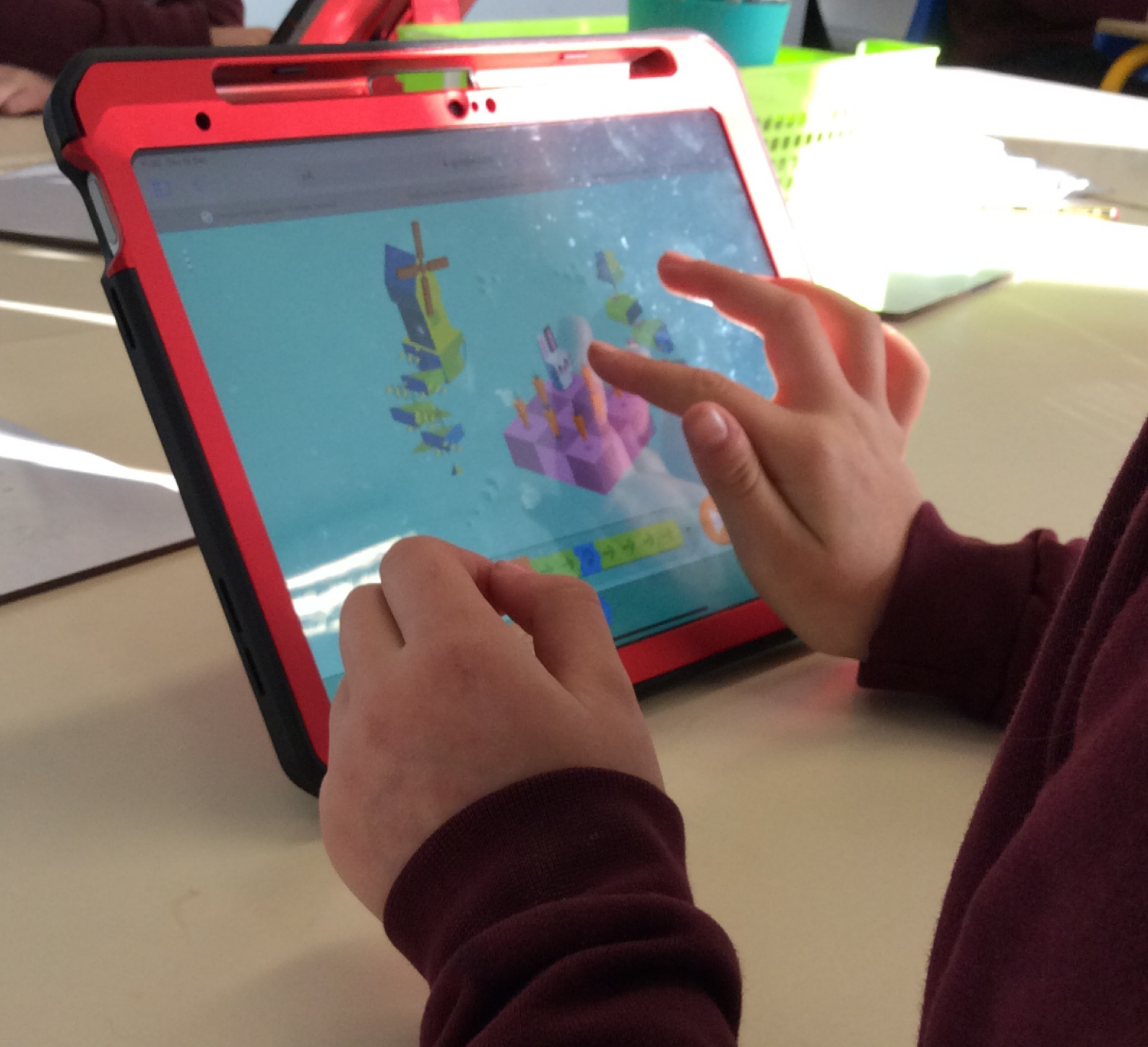Computing
At Longmeadow we follow Kapow's computing scheme. It aims to install a sense of enjoyment around using technology and to develop the pupil's appreciation of its capabilities and the opportunities technology offers to, create, manage, organise and collaborate.
Experimenting with software and programmes forms part of the ethos of this scheme as we want to develop pupil's confidence when encountering new technology, which is a vital skill in the ever evolving and changing landscape of technology. Through our curriculum, we intend for pupils not only to be digitally competent and have a range of transferable skills at a suitable level that prepares them for the next key stage, but also to be responsible online citizens.
new technology, which is a vital skill in the ever evolving and changing landscape of technology. Through our curriculum, we intend for pupils not only to be digitally competent and have a range of transferable skills at a suitable level that prepares them for the next key stage, but also to be responsible online citizens.
The scheme of work enables pupils to meet the end of Key Stage attainment targets outlined in the national curriculum and the aims align with those in the National curriculum.
The Kapow scheme is organised into five key areas, creating a cyclical route through which the pupils can develop their computing knowledge and skills by revisiting and building on previous learning:
- Computer systems and networks
- Programming
- Creating media
- Data handling
- Online safety
Information for parents on how to keep their children safe online is available on the NSPCC website.
https://www.nspcc.org.uk/keeping-children-safe/
If your child has been exposed to unsafe materials online, or you feel that they are being bullied by members of our school community or people outside of it, please contact Mrs Osborne or Miss Janes immediately. Please see our Online Safety page under the parents section for more information.
In school, children are taught about how to keep themselves safe online through a series of lessons throughout the year. They are also regularly reminded through assemblies.
We focus on the following key aspects:
- not sharing any identifying information (For example: full name, address, age, school, DOB, photo etc.)
- Not talking to strangers and the risk of people hiding their true identity
- creating strong passwords
- how to ask for help when something goes wrong
- questioning what is true online and what is fake
- not clicking on links such as advertisements and pop-ups
- how to give and refuse permission online
- understanding the impact and consequences of sharing information online
- dealing with and reporting online bullying
- understanding positive and negative communication online
- managing their own wellbeing online
